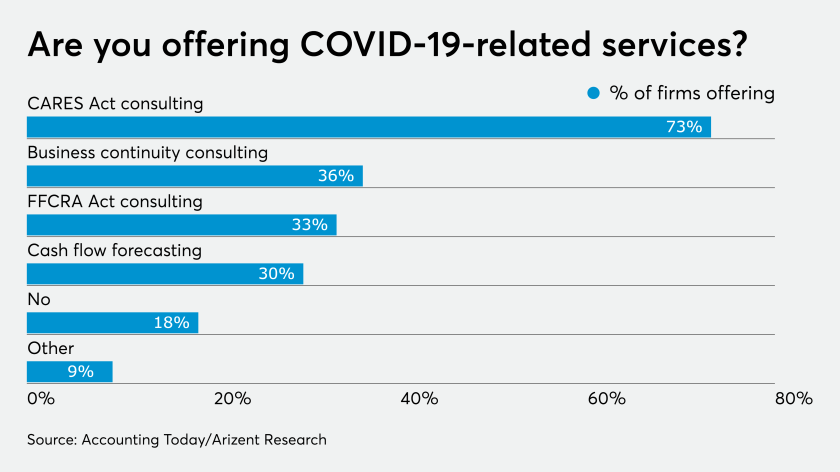IT projects are under scrutiny due to the coronavirus, not only in terms of budgets but also how fast firms can deploy automation for tasks such as business payments for companies that have turned to remote work.
The ongoing pandemic is pressuring project management for digital payment deployment to ensure new systems can be onboarded faster.
“Normally an implementation of a tech project takes about 35 to 40 days. You want to expedite that now and do a 14-day implementation,” said Heather Caudill, a senior vice president at AvidXchange, a Charlotte-based payment technology company. Caudill develops onboarding strategies and has also worked as a project manager. “There are a lot of companies that had payments coming in-house that aren’t able to do that now.”
AvidXchange automates back office payment processes for B2B transactions, connecting firms to supplier networks. It’s a system that was stuck in paper for many organizations before the coronavirus pandemic — which turned an inefficiency problem into a business continuity problem.

Remotely managing spikes in bandwidth to handle transaction volume coming into a staff member's home computing system can help companies move more of their business operations faster, according to Caudill.
That boost in speed comes as companies on both sides of the project have been thrust into remote work. Just before the pandemic, AvidXchange moved to a platform that supported more remote work, and Caudill said that has helped expedite projects by providing more visibility.
Comptroller Kevin Lembo forecast a $620 million fiscal 2020 deficit in his monthly update to Gov. Ned Lamont.
Highs, lows, curveballs and surprises are routine for every business, including accounting firms. Pandemics, however, are not routine (thankfully!). This crisis tests and provokes us all to the extreme.
Innovating is tough even in ordinary times, but during the coronavirus pandemic many payments startups had to dig into deeper reserves of creativity and resilience to meet expectations.
Part of the benefit is having an existing workforce that is accustomed to working from home, which Caudill said is helpful in answering seemingly mundane questions about balancing homeschooling with business processes, or video conferencing. This isn't directly tied to accepting payments, but it can build goodwill for users who may have more concerns about digital work than they would have in an office.
“Maybe they can’t get on a call because their kids are in the background,” Caudill said. “Their business may be in chaos, so there’s some very basic areas in which we can support them.”
These challenges required payment firms to outfit companies with the ability to manage different devices and work habits. There's a mix of personal devices and company-issued devices, which creates risk and consistency challenges for firms that are advising or migrating remote companies to accept or make digital payments.
“The majority of firms were not ready for this,” said Deb Alvord, an analyst at Gartner, during a Gartner webinar on remote work in the age of coronavirus. “Many firms had disaster recovery plans, but these plans didn’t include infectious diseases.”
At AvidXchange, Caudill said it was helpful to have an existing work-from-home culture, making it easier to communicate with other companies that are challenged to manage supply chains and payment processing.
While the virus has drawn attention to digital processes, it’s also pressuring capital expenses as firms look to tighten. AvidXchange is in competition with B2B payment firms such as MineralTree, RePay and Bill.com.
These companies connect supplier payments and billing to accounting and enterprise resource planning systems. The race among these firms is to be an essential project when other technology initiatives may get pushed back.
“Crises define customer relationships, and what a company does with a customer at a time of crisis will define the relationship forever,” said Thad Peterson, a senior analyst at Aite, adding retailers are also aggressively upgrading online capabilities.
Part of boosting onboarding speed is general communication, Caudill said. “Innovating is about listening to what companies need,” Caudill said of positioning payments automation as a business continuity move. “Companies are deprioritizing some projects.”
The general trend toward cloud-based and open development will help payment companies deploy digital transactions faster. Square, for example, recently boosted its API to accommodate larger companies. And Stripe in the past year has made moves to connect its B2B platforms with other Stripe payment technology.
“The bottom line across the board right now is any tech deployment is going to need a fast turnaround,” said Sam Maule, a managing partner for 11:FS. “It really needs to be that ‘seven lines of code’ for the next few months.”







